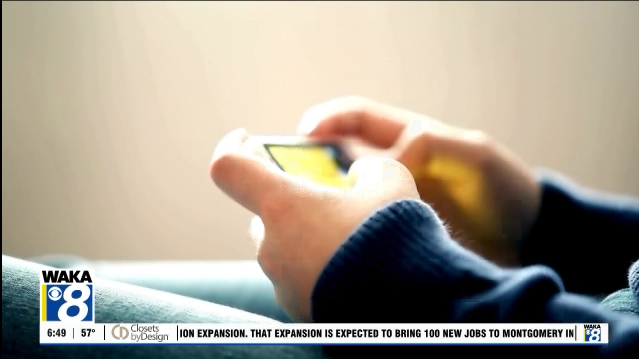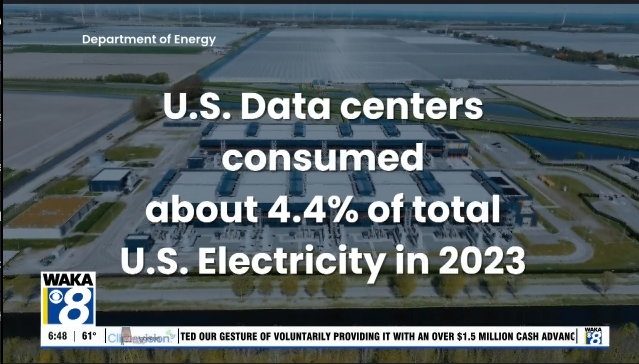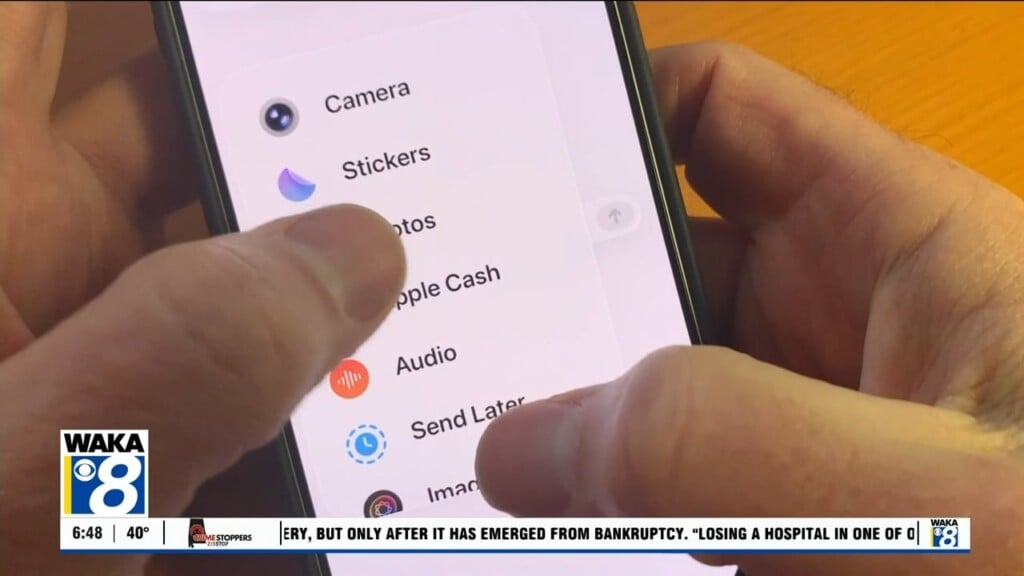What the Tech: Do you really need a VPN?
By JAMIE TUCKER Consumer Technology Reporter
Would you walk up to a total stranger and tell them your home address? Probably not.
But when you browse the internet, that’s exactly what you might be doing without even knowing it.
Every time you go online, websites and apps collect more than just your clicks. They can also see your general location, thanks to something called an IP address. That string of numbers is tied to every internet connection and acts like a digital zip code. Anyone with basic tech knowledge can use it to figure out where you are.
Want to see yours? Just open a browser and search “What’s my IP address?” That number is visible to every website you visit.
Fortunately, there is a way to hide it. A VPN, or Virtual Private Network, masks your real IP address and makes it appear as though you are browsing from somewhere else. Even if you are sitting in your home office, a VPN can make it look like you are in Dallas, San Francisco, or even another country.
So do you actually need a VPN?
If you ever use public WiFi in places like airports, hotels, or coffee shops, a VPN is a smart way to protect your personal information. It creates a secure connection that makes it much harder for hackers and cyber snoops to see what you are doing online. People who travel frequently often use a VPN for exactly this reason.
VPNs are also useful for getting around geographic restrictions on content. Some Netflix shows are only available in other countries. Some sports broadcasts are blacked out in certain cities. With a VPN, you can change your virtual location and unlock access to those programs.
Not all VPNs are the same, though. Free VPN apps might sound tempting, but many of them track what you do online and sell that data to advertisers or third parties. In fact, one study found that 75 percent of free VPN apps on Android included tracking software.
For the best protection, stick with trusted names like NordVPN or ExpressVPN. They cost around $100 a year and can be installed on all of your devices, including phones, laptops, and tablets.
A VPN may not be necessary for everyone. But with so much of our lives happening online, it is one of the most effective tools to protect your privacy.
And more people are catching on. About 40 percent of internet users in the United States now use a VPN at least once a week. That number has nearly doubled over the past five years.






